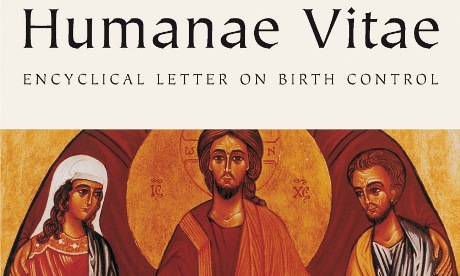Bishops at the synod on the family have been asked to reject a paragraph in the synod’s working document dealing with contraception.
Theologians, philosophers and scholars issued the appeal in the American journal “First Things”.
Among the signatories are academics from the Pontificial John Paul II Institute for Studies on Marriage and Family, as well as German philosopher Robert Spaemann and Swiss ethicist Martin Rhonheimer.
The appeal claims the paragraph is contrary to the Church’s magisterium and could lead to confusion among the faithful.
At issue is paragraph 137 of the Instrumentum Laboris, issued earlier this year.
The paragraph states that two principal points pertaining to Humanae Vitae need to be brought together.
These are the role of the informed conscience and the objective moral norm.
“Combining the two, under the regular guidance of a competent spiritual guide, will help married people make choices which are humanly fulfilling and ones which conform to God’s will,” the document states.
Signatories to the First Things appeal believe the paragraph assigns absolute primacy to the individual conscience in the selection of the means of birth control, even against the teaching of the Church’s magisterium.
They add that there is a risk that such primacy could be extended to other areas like abortion and euthanasia.
Writing in L’Espresso, Vatican correspondent Sandro Magister stated that “the split between the individual conscience and the magisterium of the Church is analogous to that which separates pastoral practice from doctrine”.
Magister pointed to comments by the Prefect of the Congregation for the Doctrine of the Faith, Cardinal Gerhard Muller, last month.
“We may not deceive the people when it comes to the sacramentality of marriage, its indissolubility, its openness toward the child, and the fundamental complementarity of the two sexes,” Cardinal Muller said in Regensburg.
“Pastoral care must keep in view the eternal salvation and it should not try to be superficially pleasing according to the wishes of the people.”
Sources
